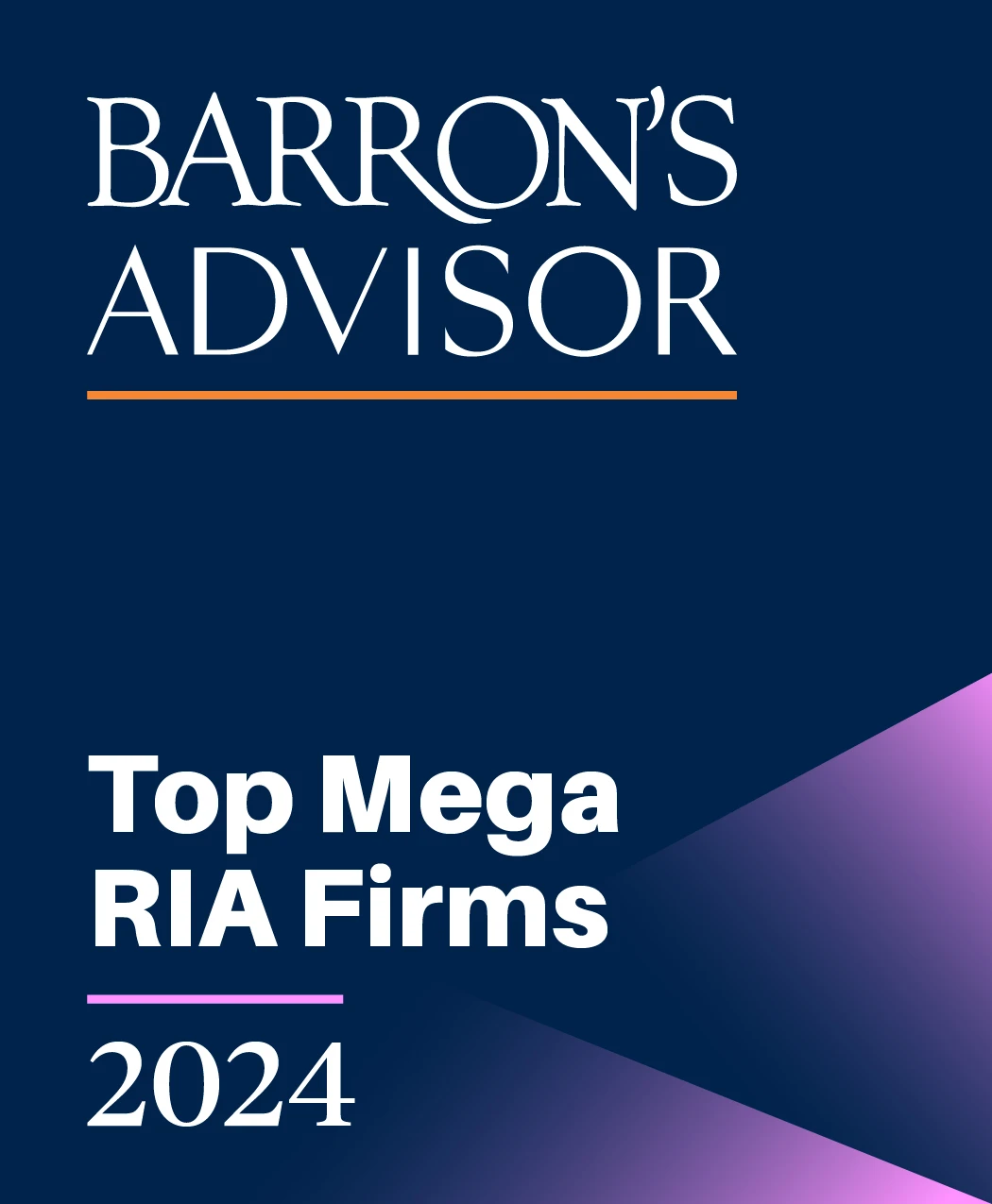Upticks: Maximizing Your Checking and Savings Accounts
By Jake Falcon on December 22, 2020
In today’s world, almost everyone has a checking and a savings account. In this episode of Upticks, Jake discusses ways to maximize your checking and savings accounts – including ways to lower costs and increase returns.
Video
Podcast
Blog
Some of the best ways to maximize any type of financial account are to lower costs and increase returns. Today, let’s first talk about how we can lower the fees on our checking accounts. In our electronic world, it’s not surprising nearly every client at Falcon Wealth Advisors uses a checking account at a local or national bank.
As for those banks, one of the two big ways they make money is by charging fees to clients—overdraft protection fees, administration fees, wire fees and more. It seems national banks in particular can nickel and dime clients with these fees. I’ve found local banks, however, often take a more transparent and common-sense approach to charging fees.
If you’re banking with a national bank, look into what fees you’re being charged. If you don’t like what you see, explore opening a checking account with a local bank. In addition to the fee benefits, local banks sometimes offer higher interest rates on your checking account and your money stays in your community.
If you don’t like the fees your bank charges but still like banking there, consider asking if they can lower any of the fees on your account. They will sometimes adjust to ensure they keep your business.
At the end of the day, a checking account is somewhat of a commodity. We all want our money to be easily accessible and safe and to receive good customer service; we also don’t want to be nickeled and dimed every time we turn around. When choosing a bank, keep low fees and ease of use top of mind.
Savings accounts
In addition to making money by charging fees to their clients, banks also make money on loaning out your money to other clients. Of course, they’re often charging significantly higher interest to those clients than the interest they’re paying you for keeping your money at their bank.
In the current low interest rate environment, banks are paying virtually no interest to clients who keep their savings with them. And even returns on the 10-year Treasury Note are less than 1 percent here in December 2020. So, if you would like to see a little bit more of a return on your savings—and if you’re willing to accept some risk—I would recommend letting Falcon Wealth Advisors help.
If you spend, say, $5,000 a month, in my opinion, it’s not necessary to have $50,000 or $100,000 in a savings account at a bank. Here’s what works for me: I keep about three months’ worth of income in my checking account. Any excess money after that goes into an after-tax investment account—not a retirement account—that contains a mix of bonds, stocks and cash. This typically offers a better return than if I were to keep my money in a savings account at my bank.
If you have money in a savings account that you don’t think you will need in the next year or so, contact Falcon Wealth Advisors today. Leaving a large sum of money in savings accounts for years and decades can cost people thousands in money they could have made simply by investing differently.
People choose to work with us to enhance their financial literacy and explain exactly what their financial plan means to them. Hopefully this blog has at least started to turn the wheels on the way you have setup you and your family for a firmer financial stance.
-Jake Falcon, CRPC®


